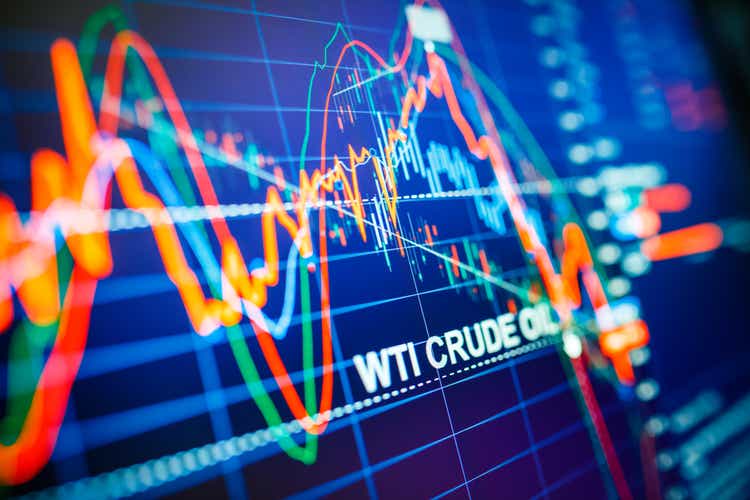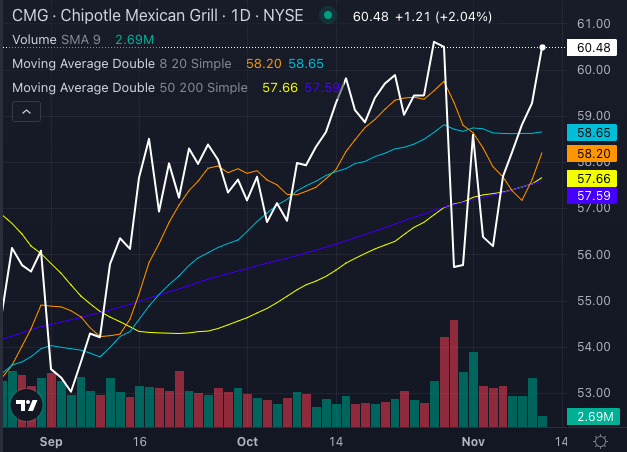
Crude oil futures relinquished the gains from the previous session, marking the end of a five-day winning streak that had propelled WTI up by nearly 10%. Investor focus has now shifted back to worries about crude demand as concerns over a potential Iranian strike on Israel have temporarily subsided.
According to the International Energy Agency’s monthly report, it anticipates a rise in demand of less than 1 million barrels per day in both 2024 and 2025. This projection is influenced by a continued deceleration in Chinese consumption.
The Paris-based organization estimates that global demand will increase by 970,000 barrels per day this year and 953,000 barrels per day next year. These figures are slightly below the previous estimates of 974,000 and 979,000 barrels per day, respectively, with total demand expected to average 103.1 million and 104 million barrels per day for this year and the next.
“Weak growth in China, following the surge post-COVID era of 2023, is significantly impeding global improvements,” stated the IEA.
The impact of China’s slowdown is particularly evident in naphtha and gasoil products, closely linked to factory and construction operations. This suggests that sluggish development in construction and manufacturing activities has begun to affect oil consumption, indicating a pause in the relentless expansion of the country’s petrochemical sector, as per the agency.
Recent data from China points to further weakness in July, with preliminary trade data revealing that crude oil imports have fallen to the lowest levels since September 2022, according to the IEA.
On Monday, OPEC revised its more optimistic demand forecasts, also attributing the adjustment to a weaker Chinese economy. Additionally, the U.S.-based Energy Information Administration is anticipated to announce a seventh consecutive weekly decline in crude stocks.
Front-month Nymex crude for September delivery settled down 2.1% to $78.35 per barrel, while front-month October Brent also decreased by 1.9% to $80.69 per barrel, breaking a five-day winning streak for both benchmarks.
Front-month September Nymex natural gas closed 1.8% lower at $2.148 per MMBtu, ending a five-day streak of gains.
The energy sector was the sole group to close lower on a strong day for stocks, down by 0.9%.
Despite concerns about demand, the potential downside in oil prices may be constrained as geopolitical tensions endure, adding to market uncertainty and providing support for crude prices, noted Exness strategist Li Xing Gan, as reported by MarketWatch.
However, Iran hinted that renewed ceasefire discussions between Israel and Hamas might prevent significant attacks in the region later this week.
“We are witnessing the dissipation of the geopolitical risk premium,” remarked analyst Jim Ritterbusch to Reuters.



